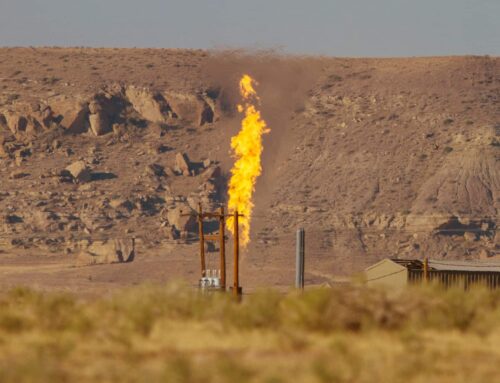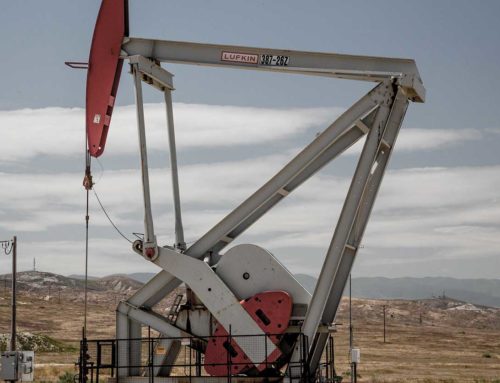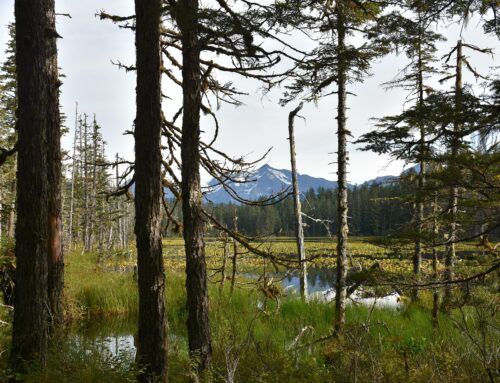In what may be one the dumbest or most devilish mistakes in our nation’s history, the Interior Department announced this week that provisions requiring oil and gas companies to pay royalties for tapping public lands were left off more than 1,100 leases issued in 1998 and 1999. Oops.
Companies that are drilling on public lands are supposed to pay a fee—or royalty—on the oil or gas that they take from public lands. The principle is simple: these lands are owned by taxpayers, so we deserve a fair share when a private entity profits from them.
In the mid-1990’s, Congress passed legislation that exempted certain wells in the deep areas in the Gulf of Mexico from these royalties. Oil was at $10 a barrel back then, so royalty “relief” was needed to incentivize new production. To protect taxpayers from being fleeced, lawmakers created price thresholds – if prices exceeded a certain amount, then the royalty giveaway would be eliminated because the additional incentive was no longer be needed.
Evidentially, the Interior Department has a short-term memory problem. Leases in 1997 and 2000 included these thresholds that would require companies to pay royalties in the event of high prices. But in 1998 and 1999 the language was, according to the Interior Department, “inadvertently dropped.” Interior further maintains that nobody has a clue how this happened and that it must have been a result of human error. That’s cold comfort to taxpayers who will likely end up losing out on billions of dollars as a result.
In fact, many of the leases that were exempted are likely to remain in effect until 2091, so the government will be unable to collect royalties from the oil and gas leaseholders for practically a century. Interior officials said that the error has already cost the government “hundreds of millions” of dollars and put the likely future losses in the billions.
Over the next five years, energy companies will extract $65 billion in oil and gas without paying the full royalty. According to the New York Times, this translates to $7-$9 billion in lost revenue at current prices. The Interior department estimates that royalty-free oil will quadruple by 2011 while natural gas will increase by 50%.
This morning, the price of oil is $64 dollars a barrel. With sky-high prices, we should be raising questions about why there is any “royalty relief” for big oil in the first place. We agree with the President when he said, “With oil at more than $50 a barrel, by the way, energy companies do not need taxpayers'-funded incentives to explore for oil and gas.”
Last year, the Treasury collected $10 billion in royalties from oil and gas companies. With the country facing growing deficits and a need to tighten our fiscal belts, the right to collect adequate compensation for using taxpayer land must be protected. Royalties payments are the fee for tapping taxpayer-owned resources. Our government needs to move heaven and earth to guarantee the system is collecting the money owed to us by big oil.
Unfortunately, it is the same old sad tune in Washington. Royalty relief seemed like chump change back in the mid-1990s – just small incentives to encourage production. A decade later, it’s turned into a runaway gravy train and the biggest subsidy the oil and gas industry gets. And while these companies are getting fat off of publicly-owned resources, the Interior’s announcement this week told us all that taxpayers won’t be getting their fair share in the process.










